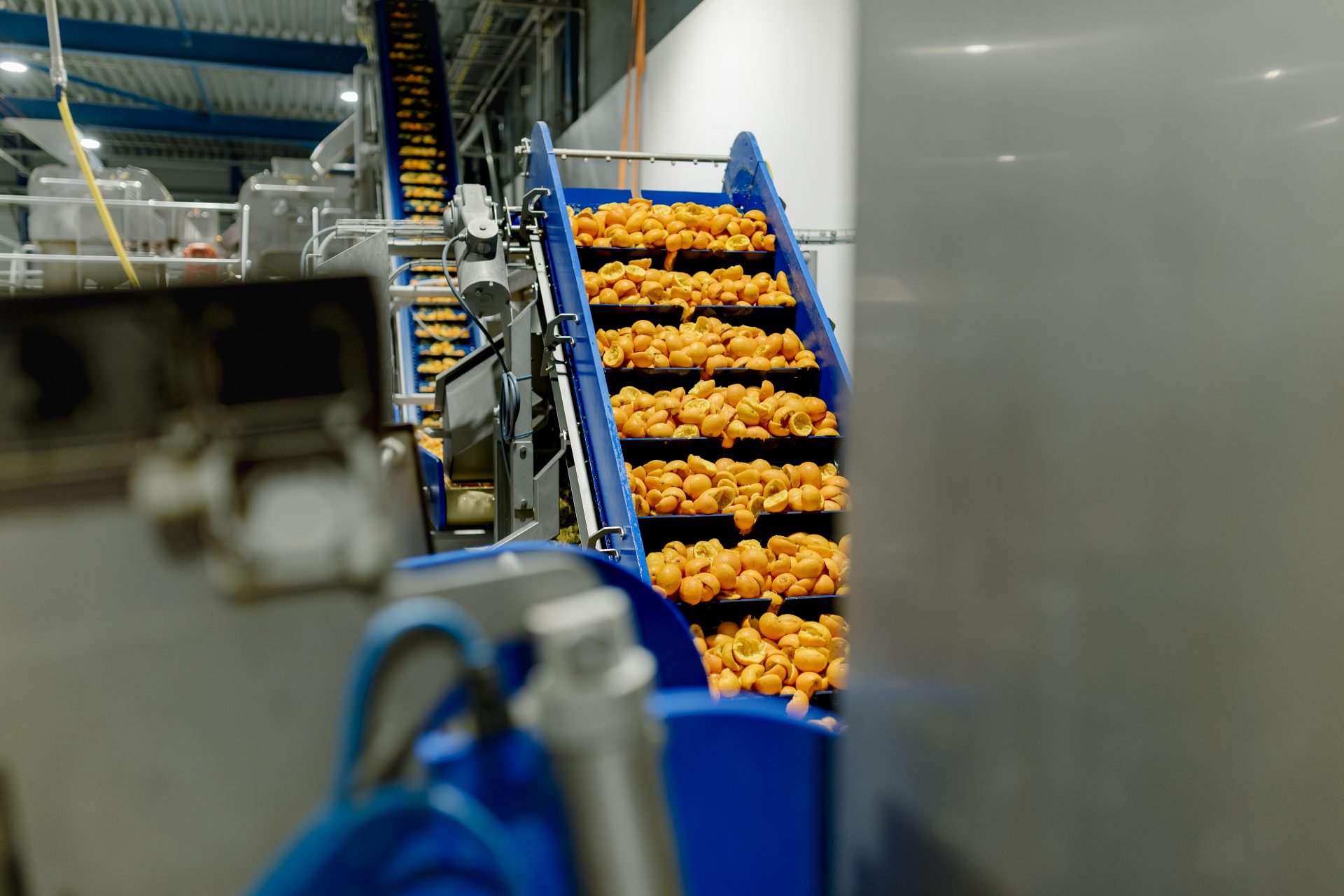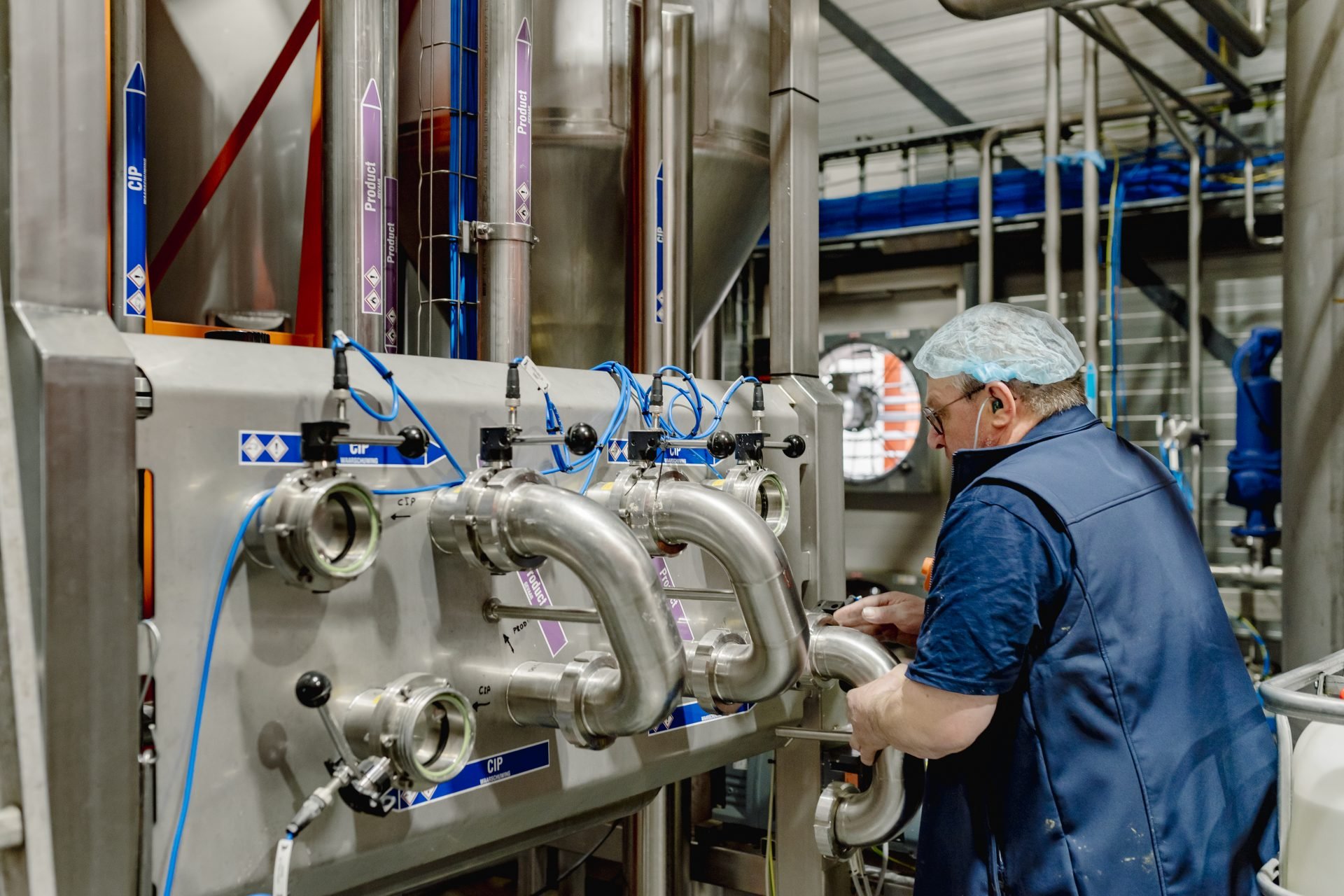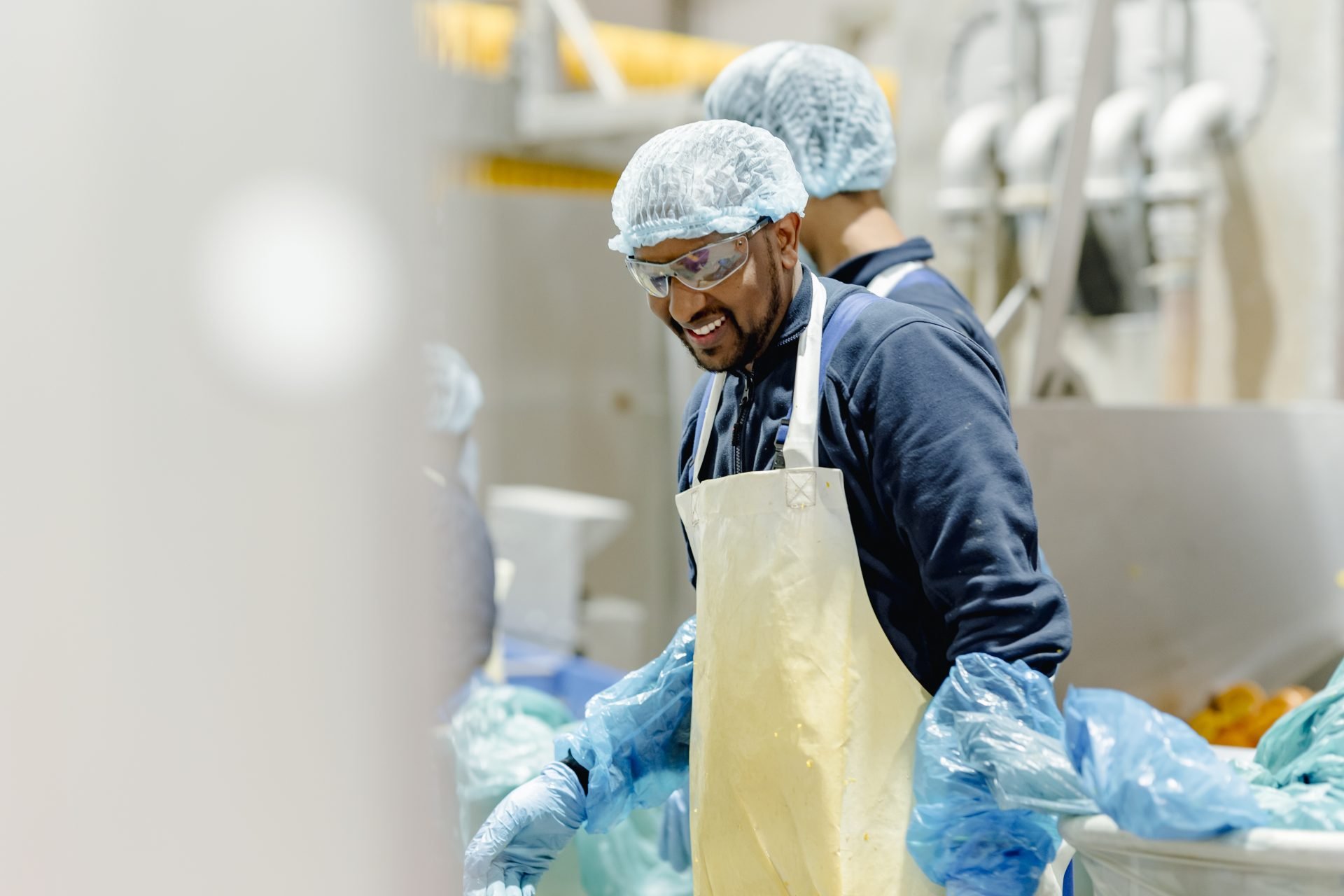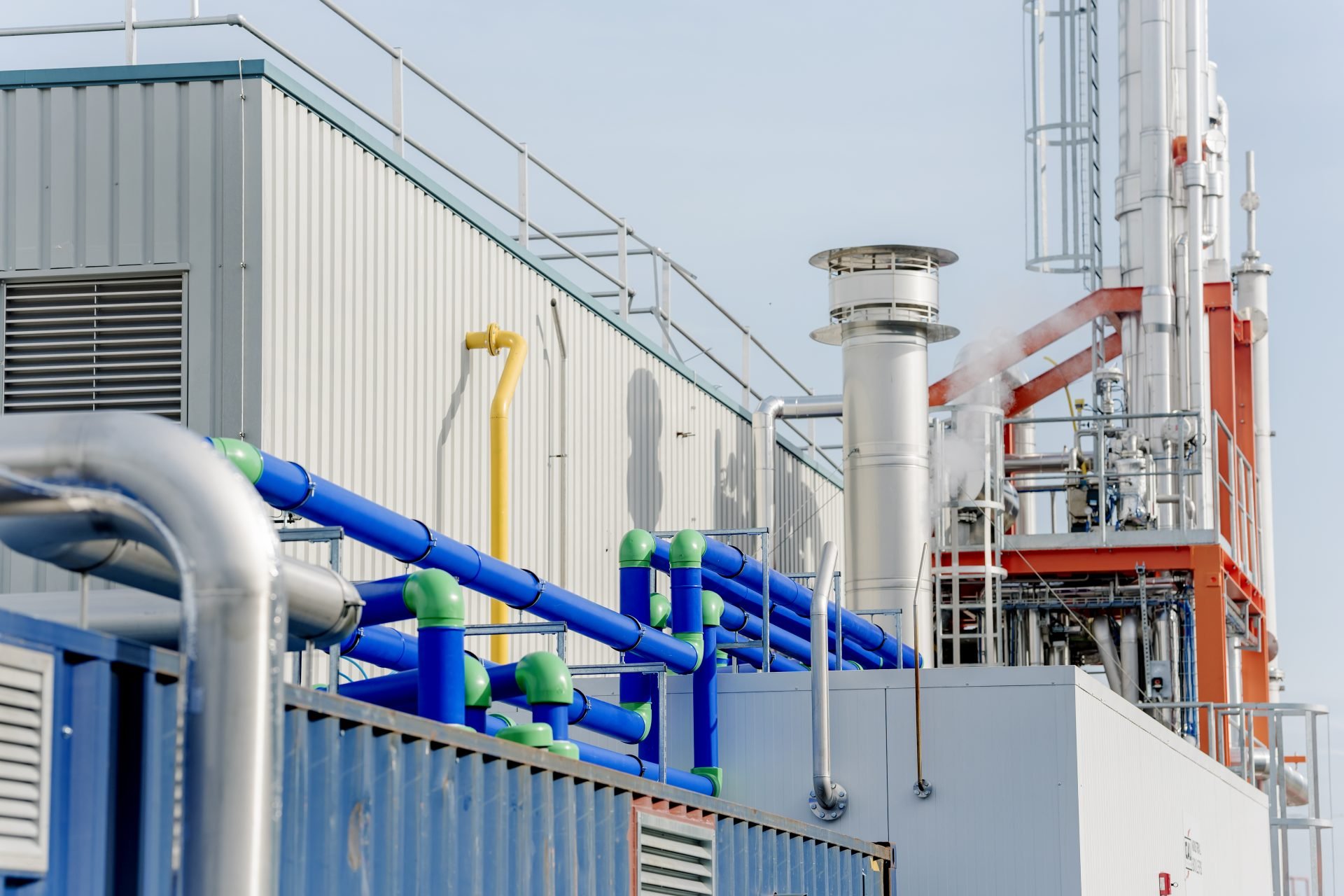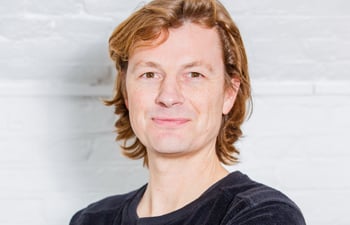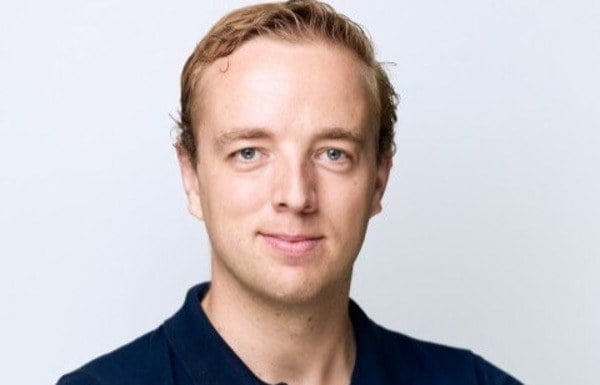Fibre and oil for food products including soft drinks, bread and meat substitutes, made from orange peels. DOEN partner PeelPioneers makes new ingredients from residual waste flows. We spoke to Bas van Wieringen, one of the initiators.
From food waste to food ingredients
Using as much as possible of what Mother Earth has given us as food. That’s the ambition upheld by PeelPioneers. Bas: “So many raw materials get thrown away. To this day, I don’t understand why.” In the Netherlands, the number of different types of fresh orange juice is rising, with even more peels being destroyed. “Even though they contain lots of valuable ingredients,” Bas explains. “We use the peels to make ingredients and want people to start seeing them as a raw material instead of a waste flow.”
In concrete terms, PeelPioneers’ factory turns them into oils and fibres for use in biscuits, (soft) drinks, soups, sauces and meat substitutes. The pulp remaining after production goes to farmers who use it as feed.
Pump up the volume for real impact
DOEN has supported PeelPioneers since 2017, when they were still going through the pilot phase. Bas: “DOEN believed in us from the start. Back then, the three founders were processing a wheelie bin of peels a day in a small warehouse in Amsterdam. We were the first to do this, so logically we had very little evidence to show it would be successful, while we needed lots of money to set up a factory at an early stage. The fact that DOEN stepped in so early was essential to us.”
Thanks to DOEN Participaties’ investment, more investors joined and the organisation was able to build two factories and scale them up. Today, PeelPioneers operates Europe’s biggest peel processing factory – in Den Bosch – measuring around three football fields. “We believe that if you really want to make an impact, you have to pump up the volume. Each day, we now save around 40,000 kg of orange peels from destruction.”
